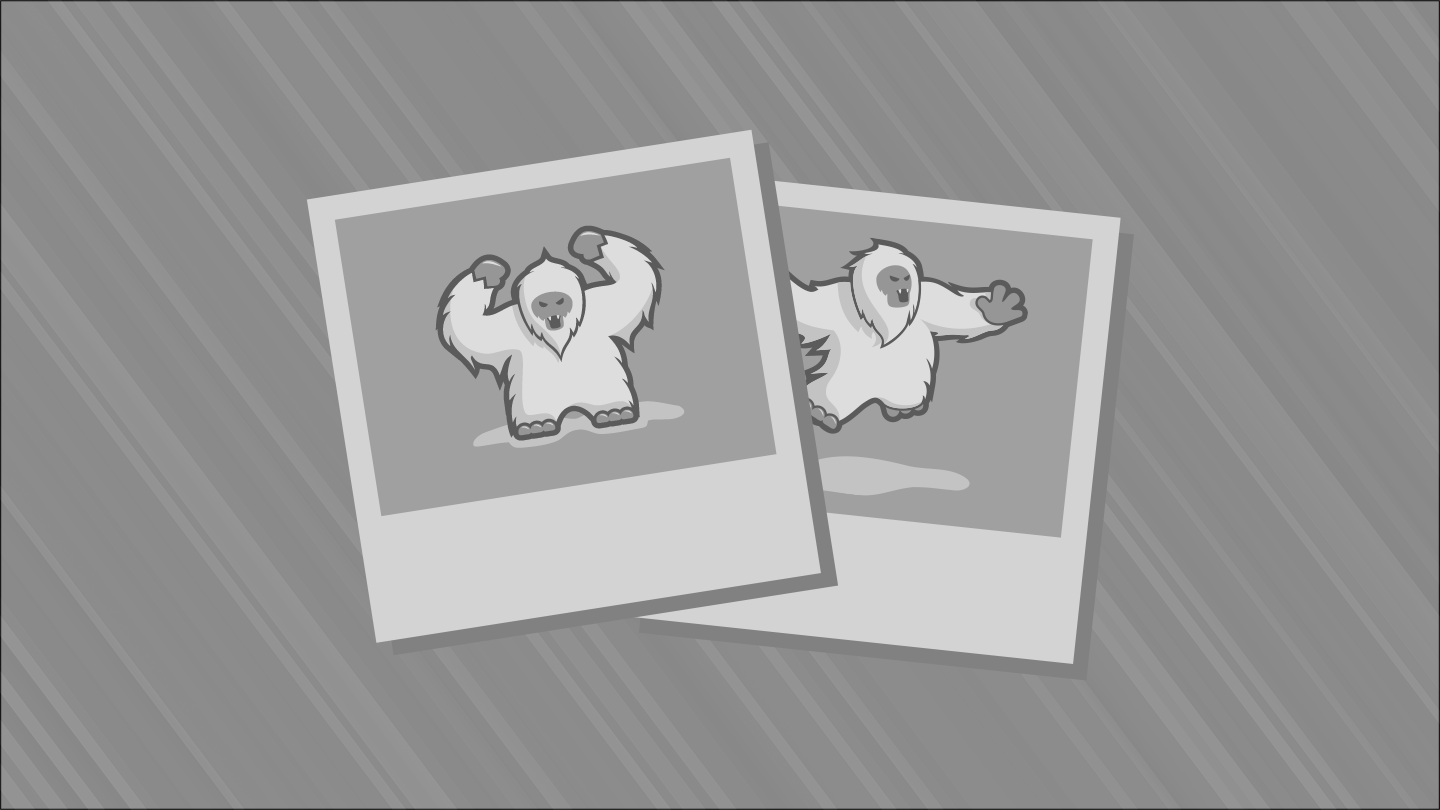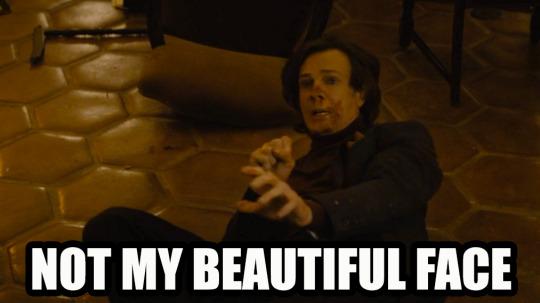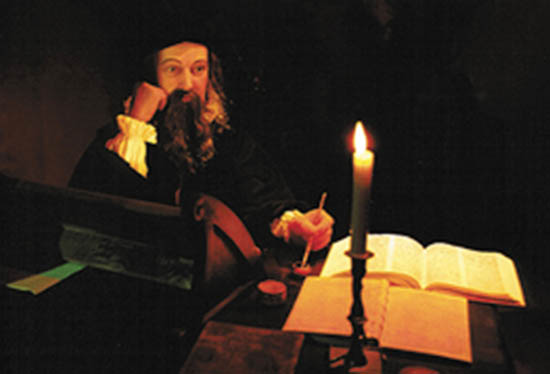guruilla » Wed Jul 22, 2015 9:28 pm wrote:It’s been a while since I wrote a meta-analysis of popular media (since
The Counsellor), but
True Detective season 2 is so good that I want to exercise that muscle a bit here. Somehow RI is the place I come when stuff is still embryonic.
I just caught up with this thread now as I didn’t want to read any spoilers. Yesterday Plutonia & I re-watched the first two episodes, followed by 3 & 4. Will catch 5 tonight.
Early impressions. The show is all about power. The lack of it, the abuse of it, the struggle to get it and then to maintain it; the inevitability of losing it and what happens then. Power and potency.
The idea that the show is about characters and not story, as expressed by Nic Pizzolatto: hasn’t epigenetics blown that arbitrary distinction out of the water forever? As above, so below. Any plot maps the internal struggle of the characters to make sense of their world and assuage the existential identity crisis of death-awareness; all forms of violence (all bids for power) are quests for identity, and so on, and so forth.
The show lays this out by showing the symbiosis between the characters’ emotional and sexual issues (dysfunctions) and their abuse of power at a social as well as personal level. The difference between social and personal power abuse is arbitrary and imaginary; politics is always personal, which is why everything is politics. Character is story, society shapes individual, and vice versa.
Example: Ray abuses his police power to track down and beat the father of the boy who bullied his son. By desperately trying to manage the train wreck of his life, he only gets more deeply tangled up with the wreckage.
For me, it was apparent from the first episode that season two levels up from season one. The richness of texture and hue (visually and sensorially it’s the richest TV show I’ve ever seen) and the sheer care that’s gone into it is obvious in just about every frame. Beyond that, it is going far deeper into the psychology of corruption. There is no longer the imaginary dividing line between “cops investigating mystery” and “crime being exposed.” Season two is mapping out the landscape of criminality (politics and social engineering) by following the ones on the edges of power, the cops and the smalltime criminals, as they begin to cross over into the perennial twilight of Plutocracy and realize that there is no terrain that doesn’t belong to it—not even the seemingly spiritual (and certainly not the personal or sexual).
Sexual dysfunction in the series is not just a metaphor (it’s all metaphor once you learn—or at least learn about—twilight language), but also both a symptom and a cause of the larger social corruption. Maybe that should read “corruption,” because in TD, society and culture are more the agents of rot than results/victims of it. In other words, the rot is systemic and endemic (as in the line from
Bram Stoker’s Dracula: “Civilization and syphilisation have advanced together”).
There’s talk at this thread about the first season and how effectively it exposes social corruption. My impression was similar to Brandon D’s, the show sort of had it both ways and so let viewers leave with the reading they were most comfortable with. I was definitely disappointed by the end even though I didn’t see it as a total cop-out and in some ways would agree that it was more realistic. But dramatically the show also petered out a bit, because tracking and killing a lone perp just isn’t nearly as compelling as seeing little guys come up against massively endemic state corruption.
The question for me is always, how much is this or any given show spreading the rot by “exposing it” (revelation of the method, etc.), and how much is it the inverse, subtly exposing it by seeming to spread (i.e., glamorize) it? (Something I really liked about
Natural Born Killers.)
I don’t think it’s possible to answer this at anything other than an individual level, i.e., in what way does an artwork’s exploration of vice intersect with and deepen one’s own growing recognition of a lifelong complicity with the social horrors? And of course, how much is enjoying these shows a symptom of and indulgence in same said complicity, and how much is it leading to an extrication from it?
The degree of pain our “entertainment” causes us might be a good measure of that. Good art never made anyone feel virtuous.
We get the world and the TV shows we deserve because we aren’t separate from the process by which both world and TV are being generated. To watch a TV show is to co-create it; ditto with social involvement at any level. We are all complicit in the rot because we are all carrying the microorganisms that implement it. It’s not the rot that turns us into walking corpses, however. (By corpses I mean spiritually empty vessels for capitalist agendas to transport their goods through.) It’s the resistance to it, i.e., to the base reality of the body and of death. Death is not the enemy; denial is.
The David Lynch influence on season two is almost embarrassingly obvious, but I love it anyway; less obvious but worth mentioning is how (IMO) the film has been informed by
The Counsellor, which laid the template (and set the bar) for exploring the overlap between human exploitation, political graft, metaphysical “evil,” and spiritual/existential crisis/awakening.
TD is an existential detective show. The mystery is always a puzzle because existence is a metaphor for something else. Like Frank gazing at the water stains, something in our environment is nagging at us that we have misinterpreted the data and ended up in a dissociated fantasy, a socially engineered Bardo realm. The world we see is made of papier-mâché, and the crazed need to prop it up and make it seem real is what drives the capitalist machine. It is all the desperate mental activity (accumulation of wealth and power and sexual gratification) of a boy abandoned by his father in the dark of a basement, with only rats for company. The frantic fantasy enactment of culture is the only way for us to paper over the cracks of the dream, and prevent it from dissolving.
Frank is small-time crook who finds himself on the threshold between dream and reality: i.e., in a liminal space. He is suspended between the basic social climbing that everyone is doing, and the inner circles of the Plutocracy where a different criteria applies, where the bid for power has taken over completely (become full-blown pathology) and any childish doubts and fears about what is real (any possibility of a healing existential crisis) have been banished forever. In their place is the nihilistic conviction that nothing is real, so everything is up for grabs.
Frank doesn’t know what to do with the money he makes because he hasn’t yet reached the level where the real power operates. At that level, money is irrelevant except as a means to control others. Frank’s attempt to level up, and how it is sabotaged by the murder of Caspere, seems to be the main plot engine. What I get from it is that Frank is being prevented from joining the Plutocracy, because he’s not one of the club, for whatever reason (maybe he’s not part of the hidden bloodlines, maybe he’s too moral and isn’t willing to cross the lines that have to be crossed; he seems to care about children, which may be the real “prize” at the secret Plutocrat parties). Because he’s denied access, he is forced to level down, and re-forge ties with the petty crime world he left behind (the same world he was trying to level up from), in order not to lose his footing in “reality” entirely.
As far as Frank sees it, the only purpose to having money, beyond his capacity to spend it, is to leave it to his children. But his attempts to have children are thwarted by his own impotence in the face of a plastic cup. (Frank Semyon = Honest Semen?)
As the recipients of money, status, and power, children are the Plutocracy’s poison receptacles: the poison IS the power, so to speak. For Ray, his son is his only ostensible reason for living, i.e., for struggling to gain power in the world. Once that relationship is taken away from him, he no longer has anything to live for, hence no reason to go along with the power drives which Frank represents.
If Ray is the show’s hero, it is only insofar as he begins to act autonomously and not merely as a power-puppet (i.e., controlled by his own trauma-drives).
Like Frank in the hospital scene, and Ray who is indifferent women since his wife was raped, Woodrugh is also impotent because of his ambiguity about his sexuality, which relates to his past with Black Mountain (i.e., corporate power).
Most obscurely of all, Ani’s ties to quasi-spiritual groups and her childhood involvement with “social research” have manifested in her conflation between sexual freedom and the capacity for violence (the knives, etc.). It is too soon to try and untangle these various snakes, but with any luck the show will do the job, or at least provide enough hints for us to intuit the shape of the festering ancestral/psychosocial wound that’s being mapped here (and sold as corporate product).
As for the occult history of transportation and the recurring shots of highways, it might be worth exploring the metaphoric angle; again, as above so below, the infrastructure of Vinci, how it has become so utterly industrialized that a) it’s a major source of planetary pollution; and b) it has hardly any residents and mostly just workers, and exploited ones at that — this may be hinting at how trauma, sexual and otherwise (abuse of power, social engineering), affects the human nervous system and turns the body into an empty receptacle (poison container) for inhuman forces (psychic fragments) to possess.
But I'm only guessing at this point, and throwing it out there to see if it sparks any thoughts or associations.








